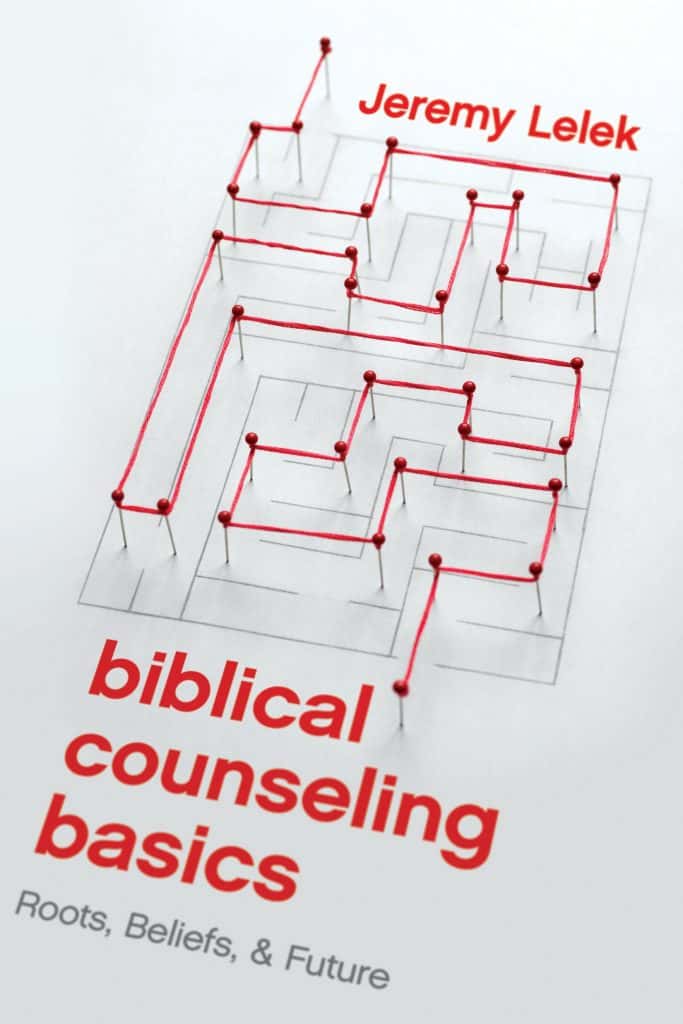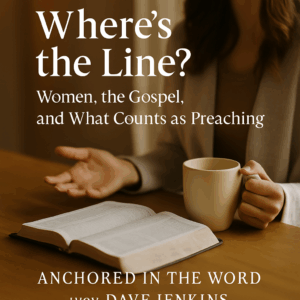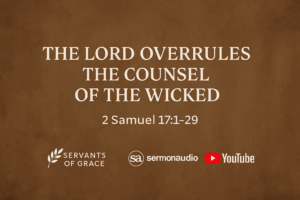⏱️ Estimated Reading Time: 4 min read
Biblical counseling has been going through something of an identity crisis as of late. What exactly is “Biblical counseling,” what is its relationship to extra-biblical content, how is it best practiced?: Answering these questions requires nuance, careful articulation, and thoughtful reflection, and that is what Jeremy Lelek brings to the discussion in his new book. Biblical Counseling Basics is more than just an introductory primer on the subject of Biblical counseling. This book is the kind of nuanced articulation of Biblical counseling that is most needed at this point in history.
Lelek is able to offer great insight into this conversation because of his own experiences, background, and education. He currently serves as the president of the Association of Biblical Counselors (ABC) and is the director of Metroplex Counseling. He is a licensed professional counselor and has an earned Ph.D. from Regent University. He has been a counselor for over ten years, an author, and is a frequent lecturer in Biblical counseling. Biblical Counseling Basics, however, represents his first foray into the specific issue of Biblical counseling foundations. It’s a great initial effort, with endorsements from some of the biggest names in counseling (Paul Tripp, Ed Welch, Eric Johnson, Elyse Fitzpatrick, Howard Eyrich, and Ian Jones).
The book is impressive in its scope. Part historical survey, part systematic theology, part apology, the work covers a broad spectrum of material. It is broken down into three parts, corresponding to the book’s subtitle: Roots, Beliefs, and Future.
Part I gives readers a history and context of the Biblical counseling movement. Lelek begins by exploring the early roots of pastoral counseling within the church, the rise of professional counseling, and the demise of church-based soul care. He starts with the New Testament, moves through the Early Church, the Reformers, the Puritans, and into the modern church.
He zeroes in on the rise of secular counseling as the alternative to the religious, and the eventual influence of empiricism on the landscape. He then turns attention to Jay Adams and the beginnings of Nouthetic counseling. He traces the history of Biblical Counseling from Adams forward, giving a sketch of the second and third generation of Biblical Counselors. He gives a great word, here, to the diversity of perspectives that fall under the larger umbrella of Biblical counseling. Lelek helps to clarify how we can have divergence within the movement yet still call one another fellow Biblical counselors. This particular issue has been a significant one as of late. Lelek speaks to diversity in unity in a way that is most desperately needed right now.
Part two moves on to beliefs of Biblical counseling. Here Lelek outlines the essential foundational doctrines that make Biblical counseling distinct. He unpacks the use of Scripture, the doctrine of God, anthropology, Christology, Pneumatology, and harmartiology. He clarifies the role of the church and the role of the counselor in the process of change. He spends some time on methodology, though I personally had wished for more development on this front. His discussion of specific methods is more a bullet point list than a robust analysis of practices. Still, the work covers a great deal of ground and provides loads of insight.
Part three focuses on the future of Biblical counseling. Here he deals with “issues of epistemology” and the use of “extrabiblical data.” This chapter, in particular, was a very welcome addition to the current literature. For, here, Lelek gives an explanation of the ways in which to cooperate with truth outside of the Christian community. He gives examples and principles to guide our interactions with scientific research, case study, and other data collected from the general psychiatric community. The final two chapters bring a much-needed perspective to the conversation and help to expose the community to some needed nuances in the issue. Lelek’s discussion, for example, on the nature of sufficiency of Scripture and the concept of “integration” was very insightful. He challenges many of us to be careful not to reduce the complex dynamic interplay between Scripture and culture into something simplistic.
This is a book that Biblical counselors and Christian psychologists alike need to wrestle with. As the conversation in Biblical counseling continues to unfold, we need voices like Jeremy Lelek’s. He represents those with a strong conviction on the sufficiency and authority of Scripture, and yet he explores the complex issues of counseling from many angles and perspectives. In many ways he represents the direction that Biblical counseling is moving, I hope. Biblical Counseling Basics is the primer for this new direction and I, personally, welcome it.




